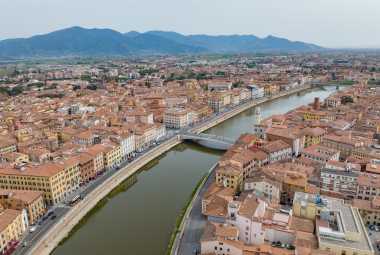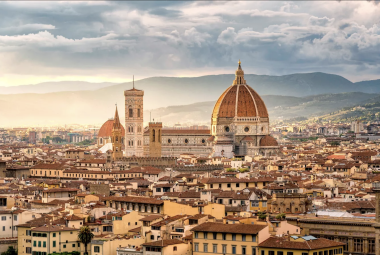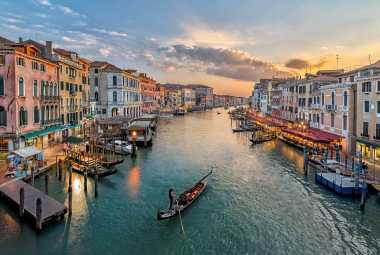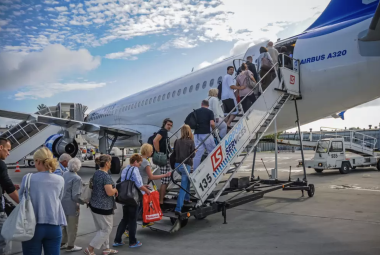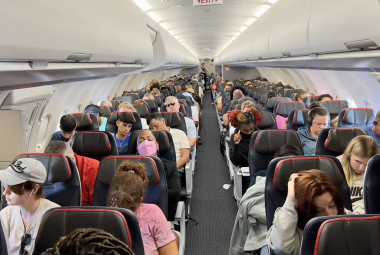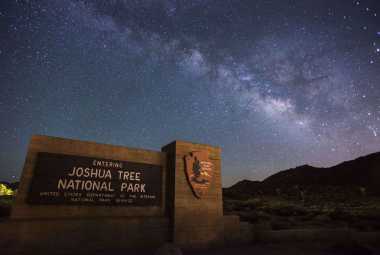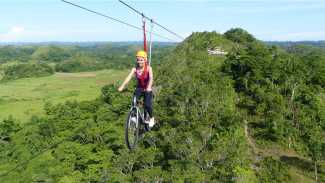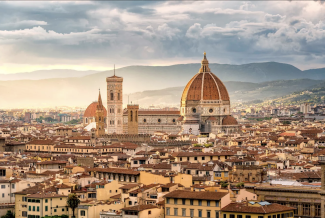Image by intrepidtravel.com
*Vacation Mode is a for-profit site. It contains paid banner advertisements that are generated and managed by a third-party network. This site also includes relevant affiliate links (both in the content and on the sidebar) all of which we do our best to clearly mark as such.
Introduction to Authentic Travel
Authentic travel has become a buzzword in today’s tourism industry, but what does it really mean? It's a way of experiencing a destination by connecting with its history, people, culture, and natural environment, rather than experiencing it superficially. Over the years, as the travel industry evolved, there's been a noticeable shift towards more immersive and genuine experiences.
The Essence of Authentic Travel
Experiencing Local Culture
One of the key elements of authentic travel is the deep dive into local cultures. This means more than just visiting popular tourist spots; it involves participating in local traditions, tasting local cuisine, and understanding the history and customs of the place.
Engaging with Local Communities
Authentic travel is about forming genuine connections with the local people. It’s about conversation, exchange, and understanding the lifestyle from a local’s perspective.
Off-the-Beaten-Path Destinations
Authentic travel often takes you to less explored destinations. These places offer unspoiled beauty and a chance to explore without the crowds.
Why Authentic Travel Matters
Personal Growth and Learning
Traveling authentically opens doors to learning and personal growth. It challenges your perceptions and broadens your understanding of the world.
Sustainable and Responsible Tourism
Authentic travel promotes sustainability. By engaging with local communities and environments responsibly, travelers can help preserve the destinations they visit.
Deepened Travel Experiences
Authentic travel leads to more meaningful and memorable experiences. It’s about creating stories that last a lifetime.
How to Plan for Authentic Travel
Researching Your Destination
To travel authentically, it’s crucial to do thorough research about your destination. Understand its culture, language, and customs to better prepare for your visit.
Choosing Accommodations and Activities
Opt for accommodations that reflect the local character and activities that allow for genuine interactions with the environment and its people.
Engaging with Locals
Make an effort to meet and interact with locals. This could be through guided tours, community projects, or simply striking up conversations.
Challenges of Authentic Travel
Language Barriers
Language differences can be a challenge, but they're also an opportunity to learn and connect. Simple phrases in the local language can go a long way.
Cultural Sensitivity and Respect
Being respectful and sensitive to local customs and traditions is crucial in authentic travel. It’s about being a responsible traveler.
Balancing Authenticity and Comfort
Finding the right balance between an authentic experience and comfort can be challenging but is essential for enjoyable travel.
Authentic Travel in Different Regions
Europe
Discover hidden gems in quaint villages, engage with local artisans, and experience the rich history beyond the major cities.
Asia
From the bustling markets to serene temples, Asia offers a diverse range of authentic experiences.
Africa
Experience wildlife, engage with local tribes, and understand the diverse cultures of this vast continent.
Americas
Explore the diverse landscapes and rich cultures of North, Central, and South America. From the vibrant streets of Latin American cities to the serene natural beauty of North American national parks, each region offers a unique perspective on authentic travel.
Tips for Authentic Travel
Immersive Activities
Participate in activities that immerse you in the local way of life. This could include cooking classes, craft workshops, or agricultural tours, offering hands-on experiences.
Traveling Slowly
Take your time to truly soak in the essence of a place. Slow travel allows for deeper connections and a more thorough understanding of the destinations you visit.
Being Open-Minded
Approach your travels with an open mind. Be ready to challenge your assumptions and embrace new experiences.
Authentic Travel Experiences
Personal Stories
Share stories from travelers who have embraced authentic travel. These narratives can inspire and offer insights into what makes such travel so special.
Recommendations
Provide recommendations for destinations, accommodations, and activities that offer a truly authentic experience.
The Future of Authentic Travel
Trends and Predictions
Discuss how authentic travel might evolve in the future. Consider the impact of technology, global events, and changing traveler preferences.
Technology’s Role
Examine how technology can enhance authentic travel experiences without detracting from their genuineness.
Conclusion
Authentic travel isn't just a way to see the world; it's a way to truly experience it. It's about making connections, understanding different cultures, and seeing places through a local lens. As we continue to explore the globe, let's remember the importance of traveling authentically and responsibly.
FAQs
-
What defines authentic travel? Authentic travel is defined by experiences that allow travelers to genuinely engage with the culture, people, and environment of a destination, rather than just observing it as an outsider.
-
How can I ensure my travel is authentic? Research your destination, choose local accommodations, participate in cultural activities, and engage with locals to ensure an authentic travel experience.
-
Is authentic travel expensive? Not necessarily. Authentic travel can be tailored to fit various budgets, often focusing on experiences rather than luxury.
-
Can I travel authentically in popular tourist destinations? Yes, even in popular destinations, you can find authentic experiences by exploring local neighborhoods, dining at local eateries, and avoiding overly touristy activities.
-
How does authentic travel benefit local communities? Authentic travel often involves supporting local businesses and can lead to more sustainable and responsible tourism practices that benefit local communities.


